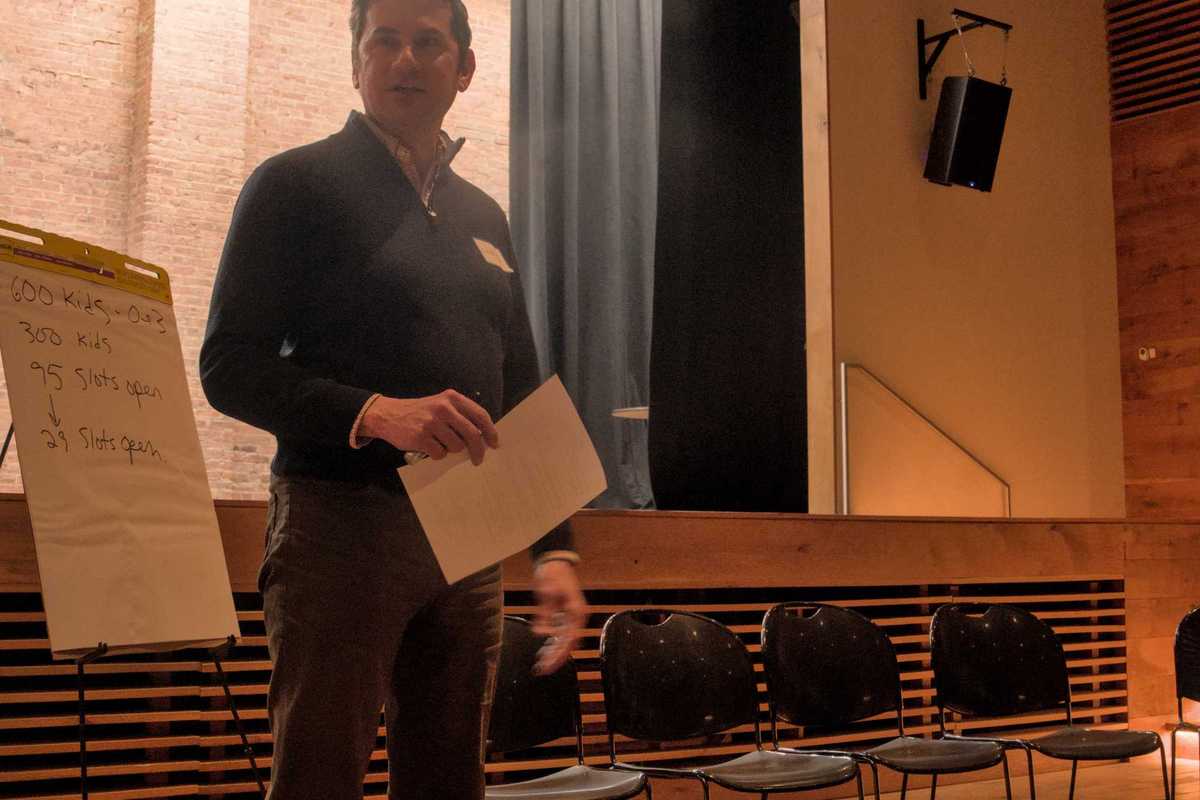Dear EarthTalk: Is Google doing anything to prevent the propagation of climate disinformation on the Internet?
— P. Hanson, Washington, D.C.
The advent of the internet and smartphone innovations have brought information to our fingertips. As the number of users skyrockets, advertisers have identified lucrative opportunities to meet people where they are. Google is a household name, holding 87 percent of the market share and hosting billions of users. Polls of Google users show that they trust that it produces credible search results. Seventy-three percent of users believe that most or all of the information they find in a search is accurate and trustworthy; however, 68% of users were unable to identify the difference between an ad and an organic search result. This gives a leg up to potentially nefarious advertisers spreading climate disinformation.
Google addressed the problem of pervasive climate disinformation prior to the United Nations (UN) Conference of the Parties (COP) 26th annual meeting in 2021; the internet giant pledged to halt the display of ads that promoted climate disinformation. This commitment came in tandem with other advertisers pressuring Google not to display their products alongside climate disinformation.
These ads were targeted to key-word searches including: greenhouse gases, renewable energy and information about “eco-friendly” companies. Additionally, since their pledge, Google has accepted $421,000 for ads from climate denial groups with taglines like “climate campaigners hype the risks of global warming,” and “fossil fuels make the planet safer”.
CCDH has outlined steps that Google needs to take to actualize the claims they’ve made on their stance on climate disinformation. Step one would be to halt climate denial ads and ads promoting greenwashing.
These recommendations are a good starting point, but there is no guarantee that Google will follow them. That being said, users should be armed with skills to identify climate disinformation. Common tactics that proponents of climate disinformation utilize are: false expertise, logical fallacies, impossible expectations, conspiracy theories and cherry-picked data. The best way to combat these tactics is to be a cautious consumer of online information. Be prepared to vet the source of the information that you find, and get in the habit of developing a mixed-news diet.
EarthTalk® is produced by Roddy Scheer & Doug Moss for the 501(c)3 nonprofit EarthTalk. See more at www.emagazine.com. Send questions to: question@earthtalk.org.

















 Local parents, child care providers and nonprofit representatives outline the challenges they face in accessing and providing childcare in rural northeast Dutchess County during a forum at the Stissing Center in Pine Plains on Wednesday, Feb. 25. Photo by Nathan Miller
Local parents, child care providers and nonprofit representatives outline the challenges they face in accessing and providing childcare in rural northeast Dutchess County during a forum at the Stissing Center in Pine Plains on Wednesday, Feb. 25. Photo by Nathan Miller 


 lakevillejournal.com
lakevillejournal.com 




 Visitors consider Norman Rockwell’s paintings on Civil Rights for Look Magazine, “New Kids in the Neighborhood” (1967) and “The Problem We All Live With” (1963.) L. Tomaino
Visitors consider Norman Rockwell’s paintings on Civil Rights for Look Magazine, “New Kids in the Neighborhood” (1967) and “The Problem We All Live With” (1963.) L. Tomaino





Disinformation online persists